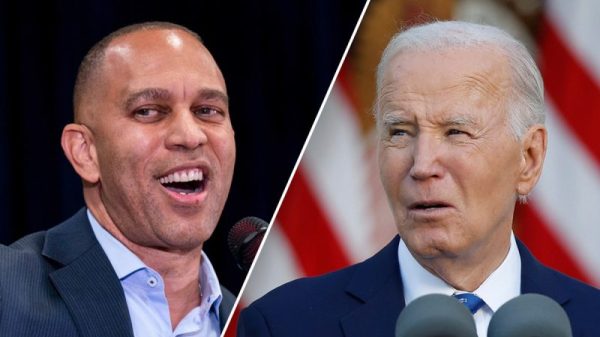How Bank of China Exchange Rate Battles Amid Moody’s Cuts
In the fast-paced world of global finance, the Bank of China exchange rate takes centre stage, with recent developments adding a layer of complexity. On a tumultuous Tuesday, major state-owned banks in China engaged in a strategic dance with the yuan as sources revealed their efforts to prevent the currency from weakening. This intricate financial manoeuvring gained momentum after Moody’s, the renowned rating agency, cast a shadow over China’s economic outlook, changing its credit ratings to negative from stable.
The Yuan’s Defensive Dance
China’s state banks actively participated in the currency markets, executing a delicate balance to uphold the yuan’s strength. Their modus operandi involved swapping yuan for US dollars in the onshore swap market and swiftly offloading these dollars in the spot market. This proactive approach aimed to shield the yuan from excessive depreciation during the entire trading session. However, the intensity of their dollar selling surged notably in response to Moody’s afternoon statement.
China Exchange Dynamics in Focus
Amidst the intricate financial waltz, the broader dynamics of the China exchange market come into sharp focus. Over the past year, state banks have frequently entered the scene, selling dollars to mitigate the yuan’s decline against the US dollar. While market observers often interpret these moves as official interventions to alleviate currency pressure, the banks may also be executing trades for their internal accounts. The recent surge in dollar selling, particularly after the Moody’s announcement, underscores the gravity of the situation.
Assessing the Moody’s Impact and China’s Economic Landscape
Moody’s decision to revise China’s government credit ratings to negative stems from concerns about lower medium-term economic growth and risks associated with a substantial correction in the country’s extensive property sector. As China grapples with economic challenges and the US dollar’s recent ascendancy, the yuan has experienced a rollercoaster year. After weakening by 6.14% against the dollar at one point, recent sentiments regarding US interest rates have prompted a recovery, with the yuan gaining 2.55% in November. Yet, on a year-to-date basis, the yuan remains down by 3%.
Navigating Through Uncertainty: China Bank Run and Banking Crisis Shadows
The financial landscape is not devoid of shadows, with concerns looming about a potential China bank run and a broader banking crisis. The property sector’s persistent struggles, highlighted by Moody’s, pose a looming threat. However, analysts such as Khoon Goh, Head of Asia Research at ANZ, remain optimistic. Goh asserts that the challenges the property sector faces are not novel, expressing confidence in recent government measures to revive the real estate market. As the yuan weathers these storms, the upcoming US data is deemed crucial for determining its near-term trajectory.
During economic turbulence and shifting global dynamics, the Bank of China exchange rate emerged as a critical player in stabilising the yuan. Moody’s negative outlook injects an additional layer of uncertainty into the equation, prompting intensified efforts by state banks to fortify the currency. While challenges persist, optimism prevails, with analysts foreseeing a potential bottom for the property sector and emphasising the significance of forthcoming US data. As the yuan navigates these uncertain waters, its resilience remains a testament to the intricate dance between economic forces and financial strategy. The Bank of China exchange rate, both a reflection and determinant of this delicate balance, holds the key to the yuan’s trajectory in the ever-evolving global financial landscape.
The post How Bank of China Exchange Rate Battles Amid Moody’s Cuts appeared first on FinanceBrokerage.


































